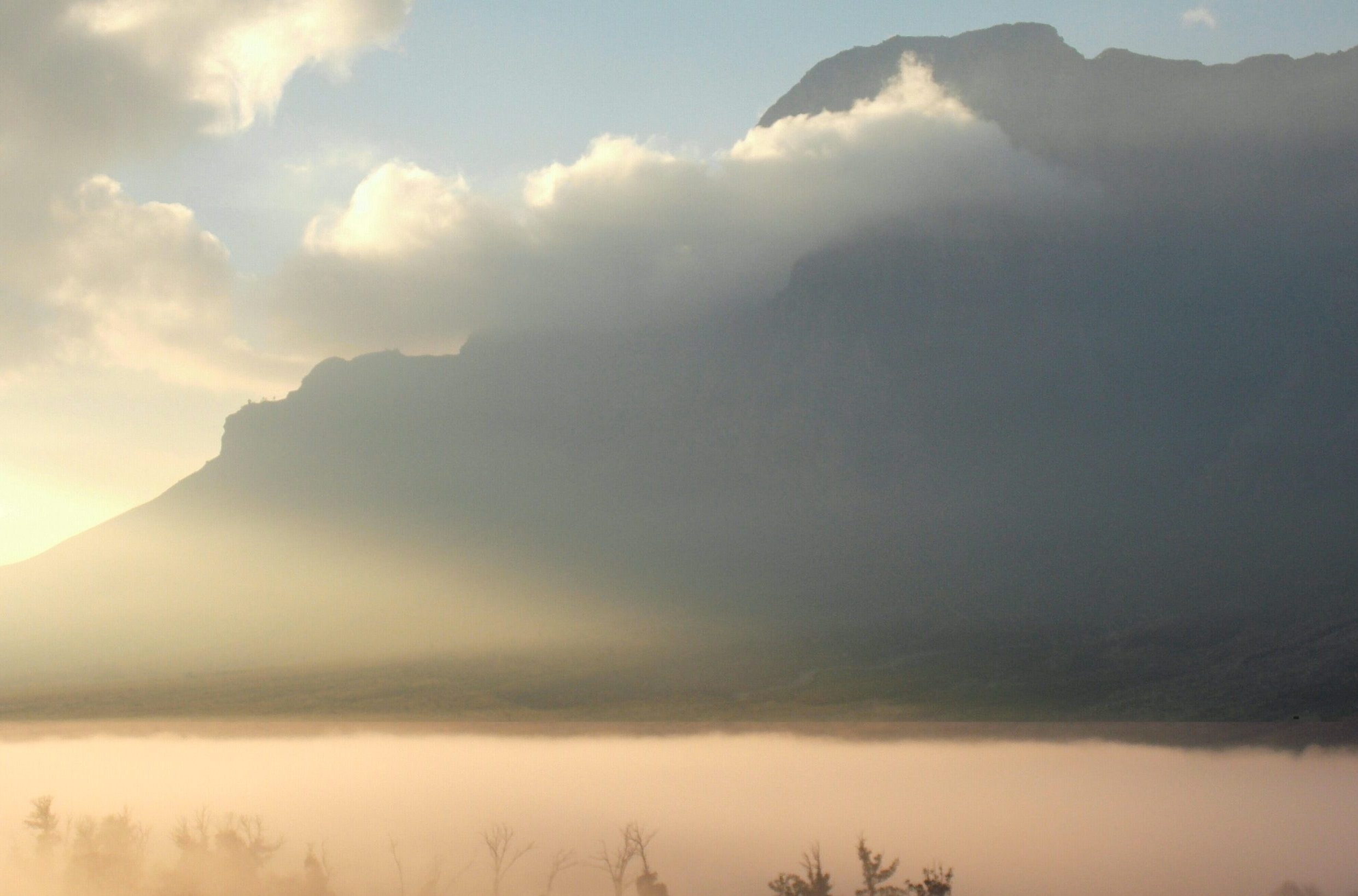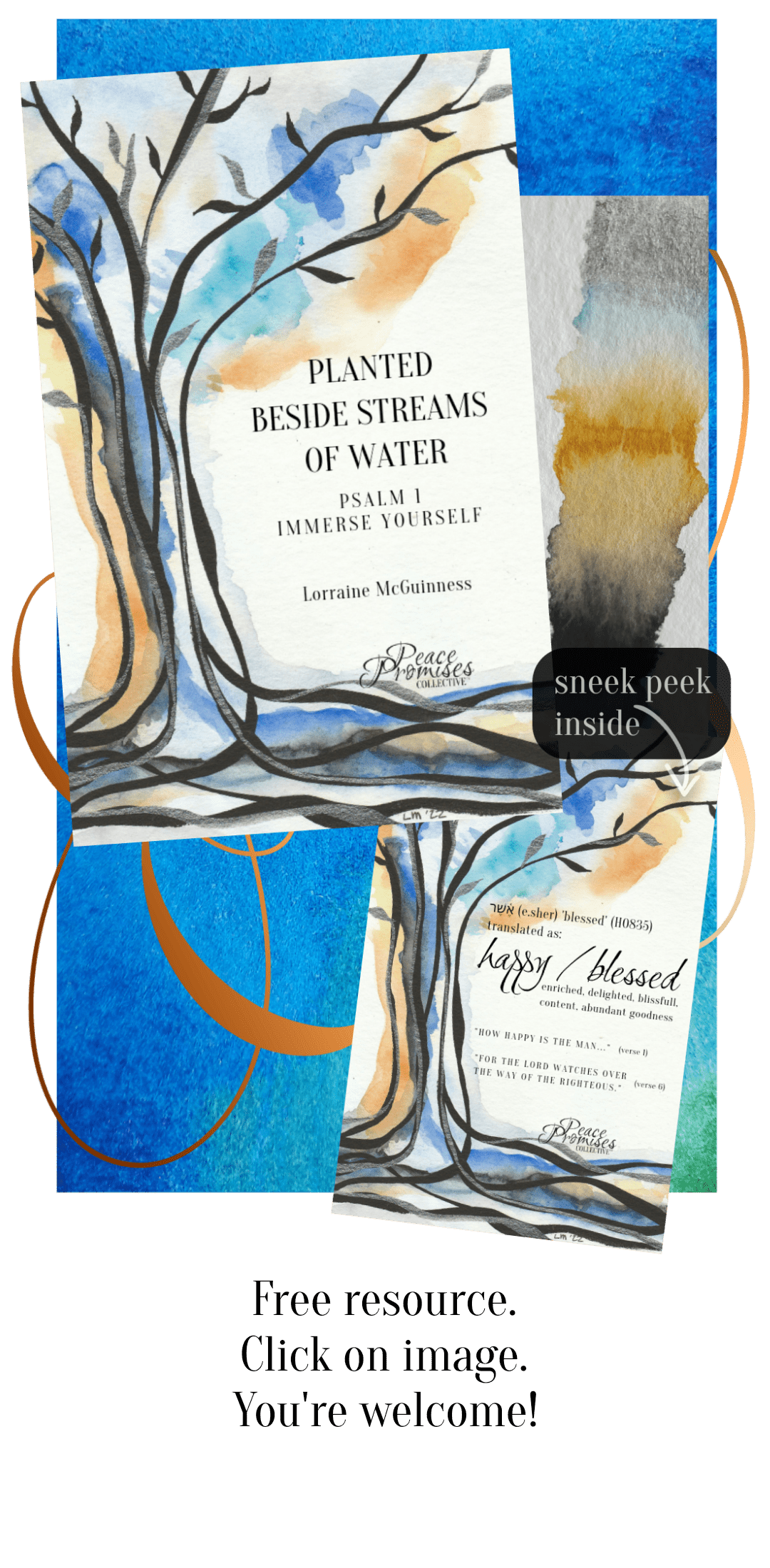“I lift my eyes toward the mountains.
Where will my help come from?
My help comes from the Lord,
the Maker of heaven and earth.” ―Psalm 121:1-2 HSCB
Deep into the cool of the night, I too, lifted my eyes toward the mountains.
Where would my help come from?
I found momentary relief from the circumstances―in the inky darkness―that so glaringly threatened to blind me during sunlight hours.
As I meditated on these ancient, holy words, slowly-slowly, I settled into a comfortable sitting position. I became aware of my surroundings.
Around me, the balmy air. Above me the wide, starry dome. Dwarfing the mountain range in front of me. This majestic mountain range, part of the historical Berg River Valley, South Africa.
A handful of French Huguenots (Protestant believers, persecuted by the Catholic Church), had settled in this valley in the late 1600’s. And right in front of me, across the valley, at the foot of the mountain, was the rectangle of rough land that had been assigned to Reverend Pierre Simond.
It must have been a very challenging life to try to cultivate a living from this uncultivated earth. It is well documented that Reverend Pierre Simond was a good shepherd of his little flock, amid various burdensome circumstances.

And in the evenings―whether it was a balmy night, or maybe the cold mountain wind blew, or as it rained softly―he would sit outside. Under the vast dome, with or without stars. And meditate on the ancient, holy words of the scriptures. He had the conviction that God had called him to write a rehyming of the Psalms, for congregational singing, in the modern-day French of his time. Les Veilles Afriquaines ou les pseaumes de David mis en vers Francois was published in Amsterdam, in 1704.
I can imagine that he sometimes looked up to the mountains, for relief after a long day. And be reminded that his help came (not from any mountain gods or idols), but from the Lord, who made heaven and earth.
How I would have loved to hear his thoughts on meditating on the Word of God, as he translated the first Psalm.
THE TWO WAYS
How happy is the man
who does not follow the advice of the wicked
or take the path of sinners
or join a group of mockers!
Instead, his delight is in the Lord’s instruction,
and he meditates on it day and night.
He is like a tree planted beside streams of water
that bears its fruit in season
and whose leaf does not wither.
Whatever he does prospers.
The wicked are not like this;
instead, they are like chaff that the wind blows away.
Therefore the wicked will not survive the judgment,
and sinners will not be in the community of the righteous.
For the Lord watches over the way of the righteous,
but the way of the wicked leads to ruin.” ―Psalm 1 HSCB

DELIGHTFUL IS THE LORD’S INSTRUCTION
What a beautiful metaphor of the streams of water as the Lord’s instruction. The Hebrew word to.rah has related meanings: to give direction, to point out, to show, or a body of prophetic teaching. There is this underlying significance of the goodness of a loving God who gives us these instructions for our good, and His glory.
The word stream can also mean channel or canal. This paints a picture of the streams of water flowing toward a purpose.
THE TREE PLANTED BESIDE STREAMS OF WATER
This tree beside the streams of water is thriving! It is evergreen, and consecrated to be fruitful in every season appointed by God.
Whatever he does prospers.
Do you too wonder―especially during adversity, and the testing of our faith―if it is possible to be sustained, and be able to give to others, from grace overflowing? How does the water become one with every cell of the tree?

WAYS TO DEVELOP A STRONG ROOT SYSTEM
The rest of this wisdom Psalm sheds light on ways for us to be rooted in God’s continual source of life.
1. The two ways introduced in Psalm 1:1-2 brings us to a choice.
The two ways remind us of the choice between life and death in Deuteronomy 28, as well as the two ways to contemplate issues, included in many of the Proverbs. We need to choose to search scripture for the will of God, to be able to make informed choices, by faith.
2. Surrender to God’s will
We need to surrender our free will, to choose the goodness of God’s instruction. It means that we not only be vigilant to choose not to follow the advice of non-believers, but includes not blindly conforming to the seemingly innocent ways of popular culture (Rom12:1-2).
3. Obedience is faith in action
“But be doers of the word and not hearers only, deceiving yourselves.” ―James 1:22 HCSB
4. Meditate on the Lord’s instruction day and night
Like the tree, we are unable to do any of the above in our own strength.
“Remain in Me, and I in you. Just as a branch is unable to produce fruit by itself unless it remains on the vine, so neither can you unless you remain in Me.” ―John 15:4 HSCB
Set aside time to abide. Choose quiet, or activities that prepare a space for you to be in God’s presence, and meditate on His Word. Could it be in nature, in a quiet corner where you live, while you are creating a meal, or maybe while doing art, or dancing?
A lovely discussion between friends is a wonderful way to abide together.
And day and night implies while we are busy with everyday life and tasks.
It is a precious habit to prayerfully be in continual conversation with God.

HOW HAPPY IS THE MAN…
As you lift your eyes to the Lord, the Maker of mountains, and heaven and earth, and trees, and us:
What will you choose?
How happy (blessed, enriched, fortunate, delighted, blissful, content, prosperous, full of abundant goodness) is the one who delights in the Lord’s instruction.
Scripture quotations marked HCSB are taken from the Holman Christian Standard Bible®, Used by Permission HCSB ©1999,2000,2002,2003,2009 Holman Bible Publishers. Holman Christian Standard Bible®, Holman CSB®, and HCSB® are federally registered trademarks of Holman Bible Publishers.
I’ve also written LIKE A TREE PLANTED BESIDE STREAMS OF WATER on Psalm 1, included in the Ready to Flourish Devotional, compiled and edited by Carina Alanson.
“No matter the joys or challenges you face, you can flourish and grow into your purpose like the tree planted beside streams of water. God bless you with empowering grace to extend to yourself and others…”


